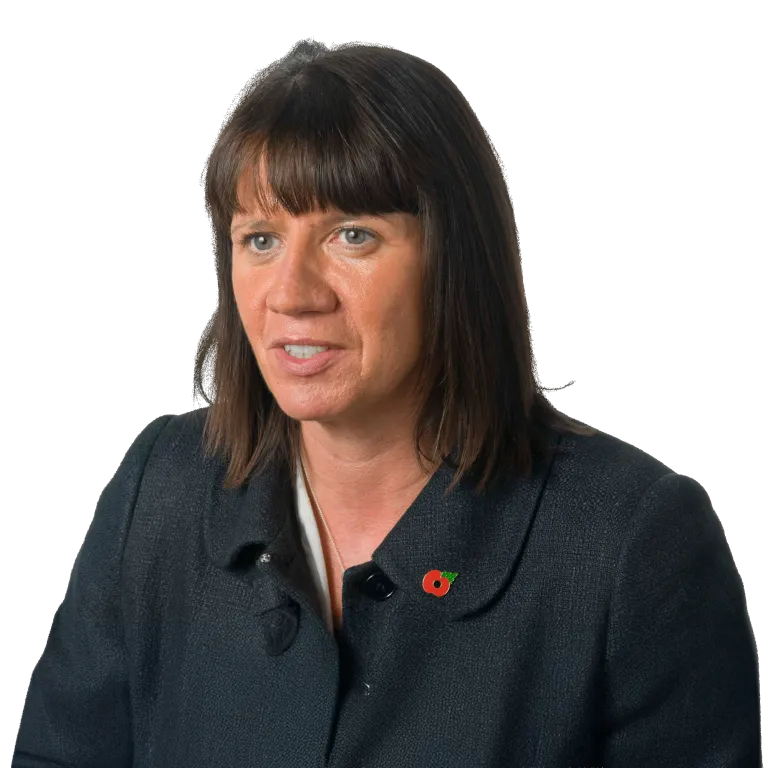People often put off making a Will, but by taking steps now you can make sure your property and possessions go to those you want in the most effective way. Having a Will in place can also help ease the worries and difficult decisions facing those you leave behind.
Click here to read a full transcript of this Will writing video.
A Will is a legal document which allows you to set out instructions for the distribution of your estate after death. Your ‘estate’ refers to everything you own and may include land, property, bank accounts, investments, jewellery or other possessions. Your Will can also say who is responsible for carrying out your wishes and can also afford better protection of assets for your children or other vulnerable beneficiaries.
Making a Will it is usually a straightforward process and you can rewrite it as many times as you wish during the course of your lifetime. Your Solicitor will be able to draw up your Will for you, ensuring it reflects your wishes in the best way for your individual situation.
Frequently asked questions
Here are some of our most frequently asked questions when it comes to Wills and writing a Will.
Do I need a Will?
Making a Will allows you to set out instructions for the distribution of your estate, which is all your assets, to the people you want after you die. A Will can be tailored to your needs to allow you to make specific requests that are important to you. Such requests may include: giving certain possessions to specific people, appointing guardians for your children, setting out your funeral instructions or stating how your interest in a business should be passed on.
If you die without a Will, your estate will be distributed in accordance with set rules provided by law. To allow the administration of your estate in such cases, an application must be made to the court for appointment of an Executor or Executors. This process incurs additional expense and delay, which can easily be avoided by having a Will in place.
How do you write a Will?
The content of a Will varies depending on your individual requests and circumstances. However, there are some common features in every Will:
- Your Will must appoint an Executor or Executors who will be responsible for dealing with the administration of your estate.
- It must identify the person or persons who should receive your estate.
- It must be validly signed and witnessed.
Your Solicitor can advise you on writing a Will, draft the document for you and ensure it is legally correct.
How do I make changes to a Will?
Minor changes to your Will can be made by a document called a Codicil. A Codicil sits alongside your Will and varies its content. Your Solicitor will be able to advise you whether a change to your Will can be made by a Codicil or if a new Will would be more appropriate. If you want to make major changes to your Will, then it is usually preferable to make a new Will to ensure that your instructions remain clear.
What is the role of Executors and who should I appoint?
Executors are responsible for gathering together your assets, paying any debts of your estate (such as an outstanding mortgage or loan) and distributing the estate to your beneficiaries.
You should carefully consider who you wish to appoint as your Executors. Each Executor should be someone that you trust to carry out your wishes. This may be a friend or family member.
When should I review my Will?
We recommend that you review your Will at least once every five years to ensure that it continues to reflect your wishes. You should review your Will more frequently if your circumstances change, for example if you have a child, buy a joint property or get divorced.
How much does a Will cost?
The cost of a Will varies depending on the complexity of your instructions. We will set out costs for you at the start once we have understood your Will requirements. If you would like more information about the cost of a Will, please contact a member of our Private Client team.
Can I write my own Will?
You can write your own Will but it is a potentially risky approach. To do so, you have to make sure that it complies with the legal requirements for a Will in Scotland, including clearly setting out what you want to happen to your assets on your death and it being signed and witnessed.
By adopting this approach, you are in danger of your instructions not making sense or the Will not achieving its intended purpose. Instructing an experienced Private Client solicitor to draft your Will avoids these pitfalls. It also gives you the opportunity to discuss the protection of your assets.
How can Thorntons help?
At Thorntons, our Private Client team can advise you on all aspects of making a Will, including charitable legacies and what you can do to help reduce your potential Inheritance Tax bill.
We can also advise on the preparation of living wills. A living will is a guide for your doctors and family members as to what you would want to happen for end of life care if you have been diagnosed with a terminal illness and are unable at the time to express your own wishes.
Making a Will can be simple, but everyone's needs are different so it is important to get the right advice from the start. We will work with you to make sure your Will is right for you and your circumstances.
Call the Thorntons Private Client team on 03330 430150 to find out more about our Wills and Will writing services, or complete our enquiry form and we will contact you.
Our Services
We offer a full range of Private Client services, available through our network of offices.











































































